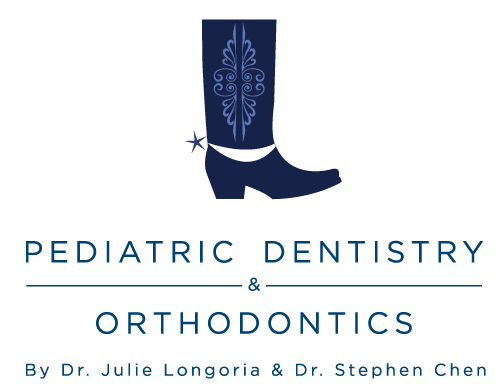Children’s allergies are more than just a seasonal nuisance; they can have a profound impact on various aspects of health, including dental wellness. It’s essential for parents and guardians to recognize how these allergic reactions can influence oral health, as this understanding is pivotal in safeguarding their child’s dental future. This blog delves into the nuances of how allergies correlate with dental issues and offers practical advice for ensuring the oral hygiene of children suffering from allergies.
Allergies and Their Dental Implications
Consequences of Mouth Breathing: Nasal congestion, a common symptom of allergies, often forces children to adopt mouth breathing as a compensatory mechanism. This habit can disrupt the oral ecosystem, leading to a dry mouth which significantly heightens the risk for cavities, gum diseases, and halitosis. The protective role of saliva is compromised, exposing teeth to bacterial attacks and acid damage.
Orthodontic Concerns: Persistent mouth breathing can influence facial growth and tooth alignment, potentially necessitating orthodontic intervention later on. This altered breathing pattern can impact the way the jaw develops, leading to misaligned teeth and bite issues, which might require corrective measures.
Gum Health: Allergic responses often trigger inflammatory processes, extending to the gums, making them prone to swelling, redness, and bleeding. Such conditions, if left unchecked, can advance to more severe periodontal diseases, undermining the overall oral health of the child.
Protective Measures for Dental Health Amid Allergies
Prioritize Dental Visits: Regular dental appointments are paramount, especially for kids battling allergies. These check-ins enable the early identification and treatment of dental issues that could be aggravated by allergic conditions.
Emphasize Oral Hygiene: Instilling a strict regimen of brushing and flossing is fundamental. Given the elevated risk for dental ailments in allergic children, maintaining diligent oral care is a preventive measure that cannot be overstated.
Encourage Adequate Water Intake: Staying hydrated is crucial, particularly for mouth breathers, as it helps counteract the drying effects on the oral cavity. A steady intake of water throughout the day can be beneficial in maintaining saliva flow and oral moisture.
Manage Allergies Effectively: Controlling the child’s allergies can indirectly benefit their oral health. Consulting with a healthcare provider to tailor an allergy management plan can reduce the necessity for mouth breathing, thereby diminishing associated dental risks.
Maintain a Nutritious Diet: A diet low in sugar and rich in nutrients supports dental health, especially important for children prone to allergies. Limiting sugary foods and beverages can decrease the likelihood of tooth decay, crucial for kids already at a heightened dental risk.
The intricate link between childhood allergies and dental health is a crucial consideration for holistic child care. Recognizing the potential oral health challenges posed by allergies enables caregivers to implement strategies that mitigate these risks. Through consistent dental check-ups, rigorous oral hygiene, strategic allergy control, proper hydration, and a wholesome diet, parents can play a pivotal role in ensuring their child’s oral and overall health remains robust in the face of allergies. Adopting these practices not only fosters better dental health but also contributes to the child’s overall well-being and quality of life.


